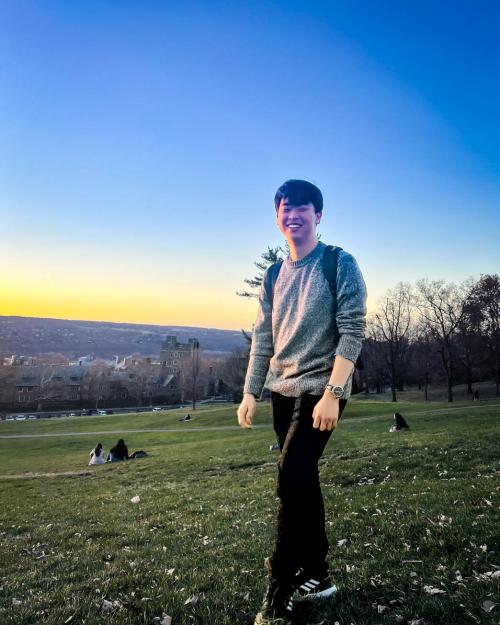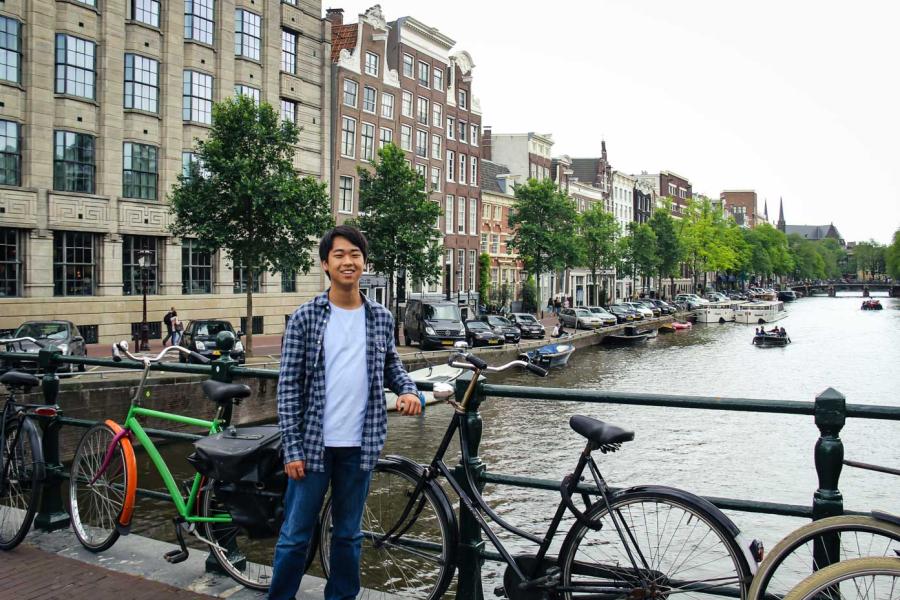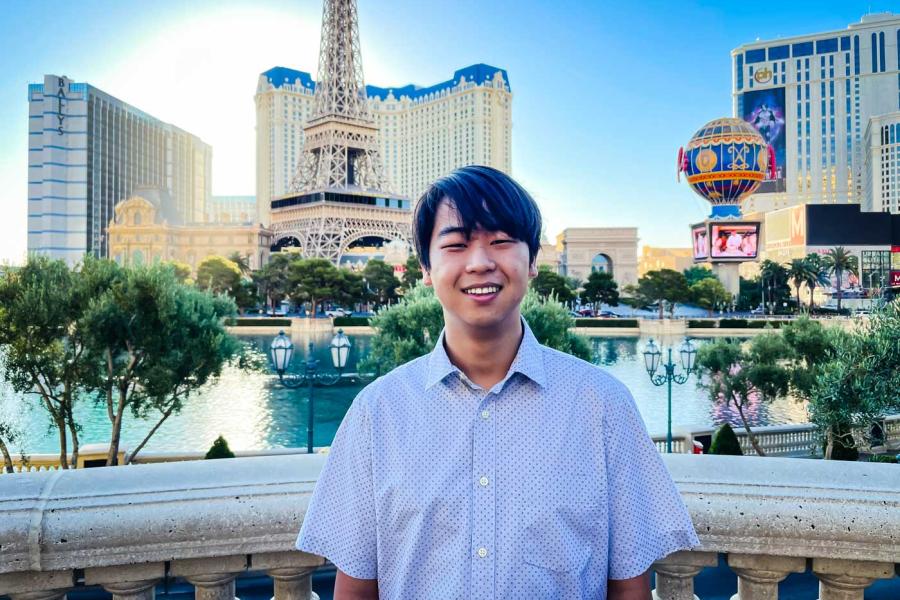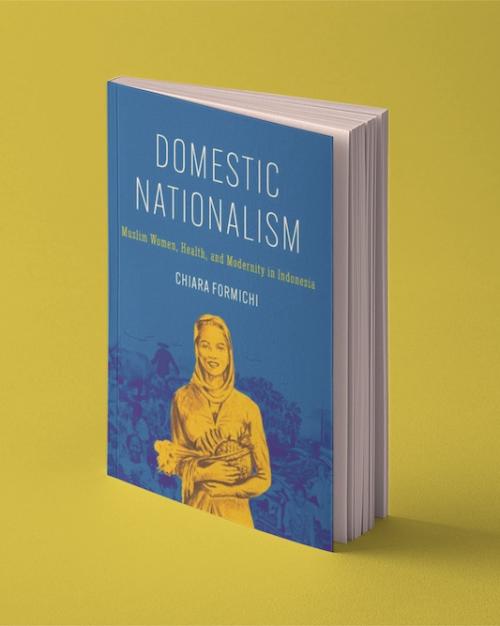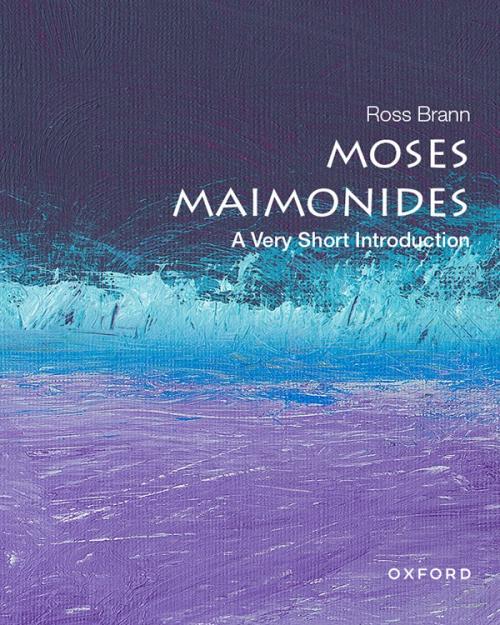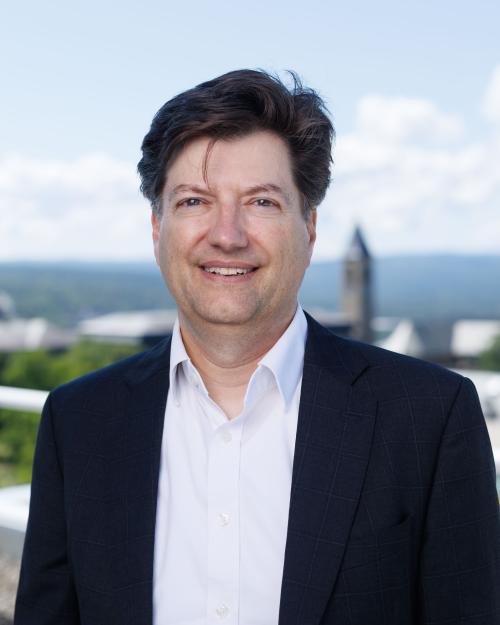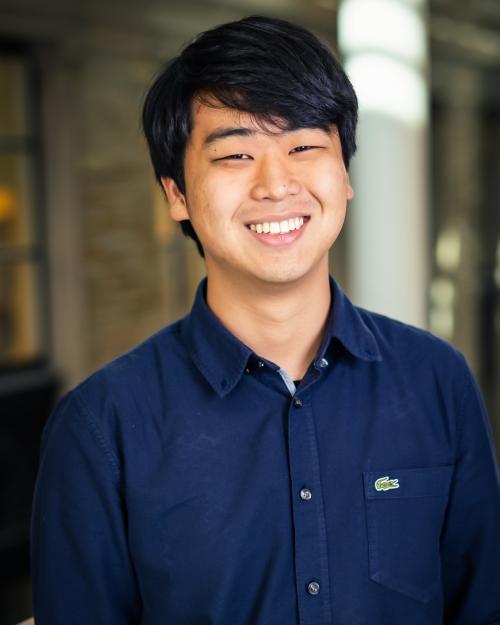Daniel Kim
Religious Studies & Chemistry
La Mirada, Calif.
Why did you choose Cornell?
One of the factors that drew me to Cornell was how Cornell encourages its students to pursue
their curiosities no matter what discipline their questions may fall under. Before college, I had questions that fell under many different subject areas and I did not want to feel “boxed-in” to one area of study too quickly as I began exploring my interests. Looking at Arts & Sciences’ degree requirements and expansive course roster, I was encouraged that Cornell not only permits but rewards a wide curiosity. I am now graduating as a double major in religious studies and chemistry, and I feel that my identity lies in both fields, despite how different they seem.
What are the most valuable skills you gained from your Arts & Sciences education?
As a longtime teaching assistant for general chemistry (five iterations of CHEM 2070, two iterations of CHEM 1080 and CHEM 1729), one of the most valuable skills I gained from Cornell is the ability to communicate information. While my experience as a TA has sharpened my understanding of how to articulate what I intend to teach and what concepts deserve greater attention, I believe the most important way I developed as a teacher is learning how to adjust based on my students. Every student absorbs material in a different manner and every class is different in its needs, and the mark of a skilled teacher is the ability to change methods and adapt to the class. Some of the most exciting moments I’ve had as a TA were moments when I presented the content in a different way and found looks of realization in the faces of my students.
What have you accomplished as a Cornell student that you are most proud of, either inside the classroom or otherwise?
Outside of my classes, I have been very involved with my church, and one of the most rewarding projects I was involved in was the development of a curriculum to teach a facet of reformed theology called covenant theology. Covenant theology is an interpretive framework that sees Biblical revelation as structured by a series of covenants and has implications for many critical issues in theology. I found this project particularly exciting because through it, I was able to synthesize much of what I learned from my readings in systematic theology and Biblical theology, share this important subject with a broader audience and continue to ask my own questions about covenant theology. One of the questions I had while preparing this curriculum related to a doctrine called the “covenant of works” also formed the basis for my senior thesis, which analyzes the ways in which the concept of the covenant with Adam was used in the early church.
If you were to offer advice to an incoming first year student, what would you say?
Be good towards others! It’s easy to come into Cornell with a self-centered mindset driven solely by the many ambitions we have, but take a moment to be kind to the people around you, the people supporting you and even the people whom you may find problematic. Life’s about more than just me or you, and if we live solely for ourselves, we’ll find ourselves constantly unfulfilled and empty. I’m fond of the quote, “So whatever you wish that others would do to you, do also to them.”

